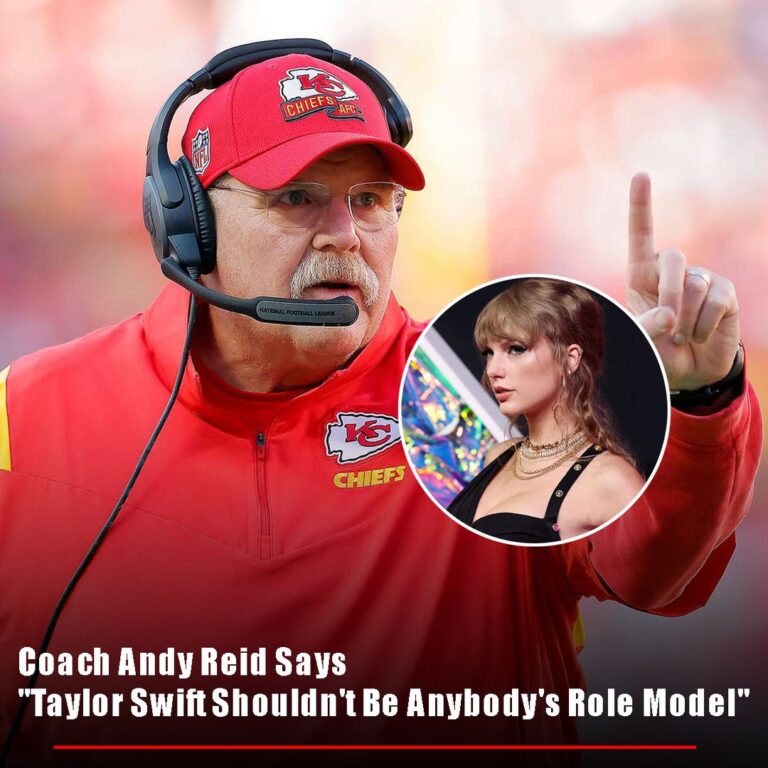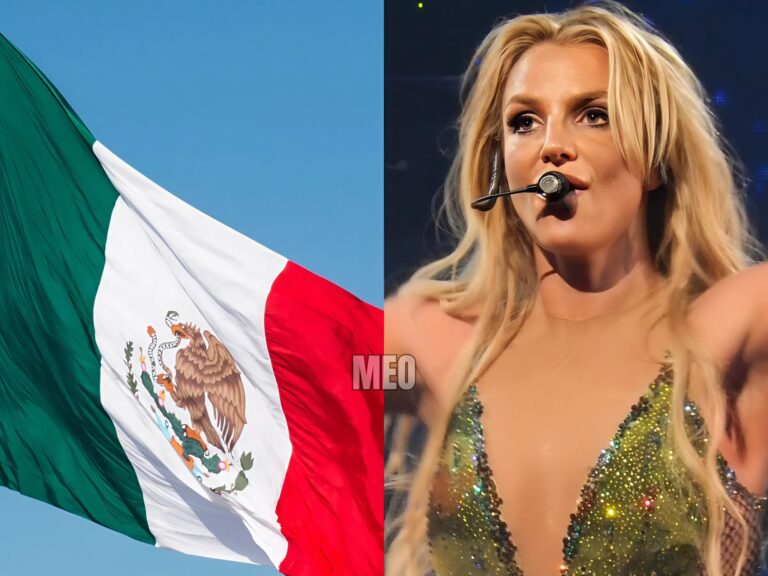
Sophie Cunningham, a renowned athlete and public figure, has made a shocking announcement this week, declaring his refusal to celebrate Pride Month in June. The statement has quickly stirred the public and media, as it directly challenges the growing influence of Pride Month celebrations and the broader push for social justice that has dominated cultural discourse in recent years. Cunningham, speaking candidly in an interview, said that he believes the increasing trend of “woke” activism, which has come to define the current social climate, does not deserve to be commemorated or celebrated.
In a world that has progressively moved towards inclusivity and support for marginalized communities, Pride Month — celebrated every June to honor the LGBTQ+ community and its ongoing fight for equality — has grown in visibility and importance. From parades to corporate sponsorships, the month has seen a significant transformation, with millions of people around the globe taking part in events and showing their support for the LGBTQ+ community. However, Cunningham’s statement stands in stark contrast to this momentum, drawing attention to the growing divide between those who see the “woke” movement as a necessary step towards social change and those who view it as a form of ideological overreach.
Cunningham’s decision to publicly denounce the celebration of Pride Month and his use of the term “woke” have raised a great deal of concern and confusion among his fans, the LGBTQ+ community, and various advocacy groups. In his statement, Cunningham argued that the term “woke” has become synonymous with virtue signaling and, in his view, has lost its original meaning as a call for social awareness. He expressed frustration with what he perceives as a trend of individuals and corporations co-opting social justice movements for personal gain or public approval, rather than taking meaningful action to address systemic inequalities.
“I’m all for equality and fairness,” Cunningham stated in the interview. “But what I can’t stand is how Pride Month, and movements like it, have been hijacked by corporations and people who don’t truly care about the causes. It’s become more about the image and virtue signaling than about actual progress. I’m not going to pretend to celebrate something that’s become more about self-congratulation than actual change.”
For many, Cunningham’s comments will be seen as a disappointing and misguided critique of a movement that has been integral in advancing the rights of LGBTQ+ individuals. Pride Month is not just a time to celebrate the progress that has been made but also to reflect on the struggles that continue, as the LGBTQ+ community faces discrimination and marginalization in many parts of the world. The month has been a platform for highlighting ongoing issues such as anti-LGBTQ+ laws, hate crimes, and the mental health challenges that disproportionately affect LGBTQ+ people.

Critics of Cunningham’s stance have quickly pointed out that his comments seem to ignore the reality of the LGBTQ+ community’s ongoing fight for equal rights and protections under the law. By rejecting the notion of celebrating Pride, they argue, he is failing to acknowledge the historical significance of Pride Month as a reminder of the struggles that have led to the advances we now take for granted. “To dismiss Pride Month as a commercialized event or an overhyped display is to overlook the sacrifices and resilience of the LGBTQ+ community,” said one LGBTQ+ activist. “This month represents years of fighting for visibility, recognition, and rights that many people in the straight, cisgender world take for granted.”
While Cunningham’s remarks may seem out of step with the current cultural climate, they also tap into a broader conversation about the role of social activism in contemporary society. “Woke culture,” which has gained significant traction in the past decade, has become a highly polarizing force. For some, it represents a necessary shift towards social justice and inclusion, demanding that individuals and institutions confront the inequities that persist in society. For others, however, it is seen as an overzealous and even counterproductive movement that stifles free speech, silences dissent, and prioritizes symbolic gestures over tangible change.
Cunningham’s rejection of Pride Month comes at a time when many public figures, corporations, and brands are increasingly aligning themselves with progressive social causes. Major corporations like Nike, Apple, and Coca-Cola have all launched Pride-themed marketing campaigns, and sports leagues like the NFL and NBA have embraced Pride Month with a mix of events, merchandise, and social media support. The corporate embrace of Pride Month has led to a rise in “rainbow capitalism,” where companies are accused of exploiting the LGBTQ+ movement to boost profits, without necessarily making meaningful contributions to LGBTQ+ causes.
“I’m tired of seeing companies post rainbow flags on their social media during June, only to forget about LGBTQ+ issues the rest of the year,” Cunningham said. “I’m not going to participate in a spectacle that doesn’t reflect true support for the cause.”
Cunningham’s decision to withdraw from Pride Month celebrations could be seen as a rejection of what he views as the commercialization of social justice. It’s a sentiment that many conservative critics of Pride Month share, arguing that the movement has become overly politicized and is now more about promoting a particular ideology than about celebrating human dignity and freedom.
However, his stance has left many questioning what true support for LGBTQ+ rights should look like. While Cunningham advocates for a more genuine approach to activism, others argue that Pride Month — with all its commercialization and corporate involvement — still serves an important function in raising awareness, providing visibility to a historically marginalized group, and fostering a sense of community and solidarity.
In an era where public figures are increasingly scrutinized for their views on social issues, Cunningham’s decision to take a stand against Pride Month may have serious consequences for his career and public image. While some may applaud his courage to speak out against what he sees as a trend, others will undoubtedly view it as a misstep that undermines the progress that has been made in the fight for LGBTQ+ rights.
As Pride Month continues to be a time of celebration, reflection, and action for millions around the world, Cunningham’s comments serve as a reminder of the deep divisions that still exist within society when it comes to issues of social justice. Whether or not Pride Month will continue to evolve in response to the changing dynamics of activism remains to be seen. But for now, Cunningham’s bold refusal to take part in the festivities has placed him at the center of a debate that will likely continue to unfold in the coming years.
In the end, it’s clear that the meaning and significance of Pride Month — and the broader conversation about “woke” culture — is far from settled. As society grapples with the complexities of identity, activism, and corporate involvement in social issues, the future of Pride Month, and the way it is celebrated, will likely remain a topic of passionate debate.





Sophie Cunningham’s announcement is certainly bold, but it feels like it misses the mark. Pride Month is about celebrating progress and supporting a community that has fought tirelessly for equality. To dismiss it as “woke activism” seems reductive and dismissive of the real struggles people face. I wonder if Cunningham has considered the impact his words might have on those who look up to him. Is there a way to critique performative activism without undermining the importance of Pride? I’d love to hear more about what specific actions he thinks would be more meaningful than celebrating Pride. What’s your take on balancing critique with support for social justice movements?
Wir haben libersave in unser regionales Gutscheinsystem eingebunden. Es ist toll, wie einfach man verschiedene Anbieter auf einer Plattform bündeln kann.